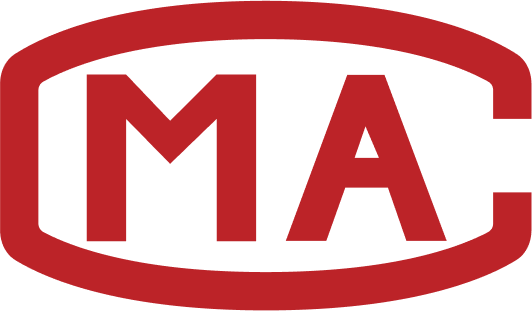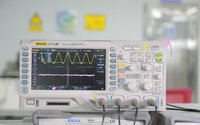What are the failure modes of metal materials? specialized industrial testing institution
Date:2022-06-30 17:36:31Views:989
The failure forms of metals are closely related to the failure causes. The failure forms are the apparent characteristics of the metal failure process, which can be observed in an appropriate way. Through metal failure analysis, we can know whether there are problems in the performance of metal materials or metal equipment in advance, so as to avoid possible accident hazards in engineering application.
What is metal failure analysis?
Metal failure analysis refers to the technical and management activities that take the macro representation characteristics and micro process mechanism as the theoretical basis, investigate the failure object, failure phenomenon and failure environment respectively, take the obtained objective facts as evidence, comprehensively apply the method of logical reasoning and comprehensive analysis to judge the failure mode, infer the failure cause, and propose preventive and corrective measures.
_20220630173600_211.jpg)
Classification of failure modes
Elastic deformation failure: elastic deformation failure occurs when the recoverable elastic deformation of the material caused by stress or temperature is large enough to affect the normal functioning of the equipment.
Plastic deformation failure: plastic deformation failure occurs when the unrecoverable plastic deformation of the loaded material is large enough to affect the normal functioning of the equipment.
Ductile fracture failure: the fracture in which a material produces significant macroscopic plastic deformation before fracture is called ductile fracture failure.
Brittle fracture failure: the fracture in which the material has no or little macroscopic plastic deformation before fracture is called brittle fracture failure.
Fatigue fracture failure: the fracture of materials under alternating load after a certain period is called fatigue fracture failure.
Corrosion failureCorrosion refers to the physical or chemical reaction between the material surface and the service environment, resulting in damage or deterioration of the material. If the corrosion of the material makes it unable to perform its normal function, it is called corrosion failure. There are many forms of corrosion, including uniform corrosion that spreads evenly over the material surface and local corrosion that only occurs in local places. Local corrosion can be divided into point corrosion, intergranular corrosion, crevice corrosion, stress corrosion cracking, corrosion fatigue, etc.
Wear failure: when the materials are in contact with each other or the material surface is in contact with the fluid and moves relatively, the shape, size or quality of the material surface changes due to physical and chemical effects, which is called wear. The loss of component function caused by wear is called wear failure. There are many forms of wear, including adhesive wear, abrasive wear, impact wear, fretting wear, corrosion wear, fatigue wear and so on.
Metal failure analysis standard
Gb/t 10128-2007 metallic materials torsion test at room temperature
Gb/t 12443-2007 metallic materials torsional stress fatigue test method
Gb/t 13239-2006 metallic materials tensile test at low temperature
Gb/t 2039-2012 uniaxial tensile creep test method for metallic materials
Gb/t 20568-2006 metallic material pipe ring hydraulic test method
Gb/t 13301-1991 test method for resistance strain sensitivity coefficient of metallic materials
Gb/t 13825-2008 metallic coatings hot dip galvanized coatings on ferrous materials
Gb/t 12444-2006 metallic materials - wear test methods - ring block sliding wear test
Gb/t 14265-1993 general rules for analysis of hydrogen, oxygen, nitrogen, carbon and sulfur in metallic materials
Gb/t 11020-2005 list of flammability test methods for solid nonmetallic materials exposed to flame source




 Weixin Service
Weixin Service

 DouYin
DouYin
 KuaiShou
KuaiShou




















